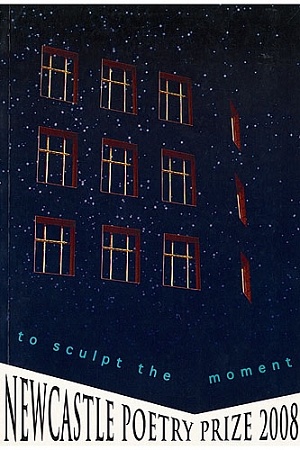Taller When Prone
Black Inc., $24.95 pb, 96 pp
Taller When Prone by Les Murray
It is a critical truism, if not a cliché, that poetry estranges: it makes things strange, so that we can see the world and ourselves afresh. Defamiliarisation, the uncanny, even metaphor, are all fundamental to poetry’s estranging power. Unsurprisingly, madness, vision and love have also long been poetry’s intimates, each involving the radical reformation – or deformation – of ‘normal’ ways of seeing the world. One might describe poetry as surprisingly antisocial, since poets have from ancient times been associated with social isolation, distance or elevation, as well as with madness.
But poetry also has a long history of sociability. The sharing of poems by lovers is one long-standing aspect of this. The relation between poetry and memorialisation is another. Even in this digital age, poems continue to be memorised, while people write and recite poems to remember the dead and give form to memorialising ritual. The bond between poetry and performance also illustrates poetry’s continued communal nature.
Continue reading for only $10 per month. Subscribe and gain full access to Australian Book Review. Already a subscriber? Sign in. If you need assistance, feel free to contact us.















Leave a comment
If you are an ABR subscriber, you will need to sign in to post a comment.
If you have forgotten your sign in details, or if you receive an error message when trying to submit your comment, please email your comment (and the name of the article to which it relates) to ABR Comments. We will review your comment and, subject to approval, we will post it under your name.
Please note that all comments must be approved by ABR and comply with our Terms & Conditions.